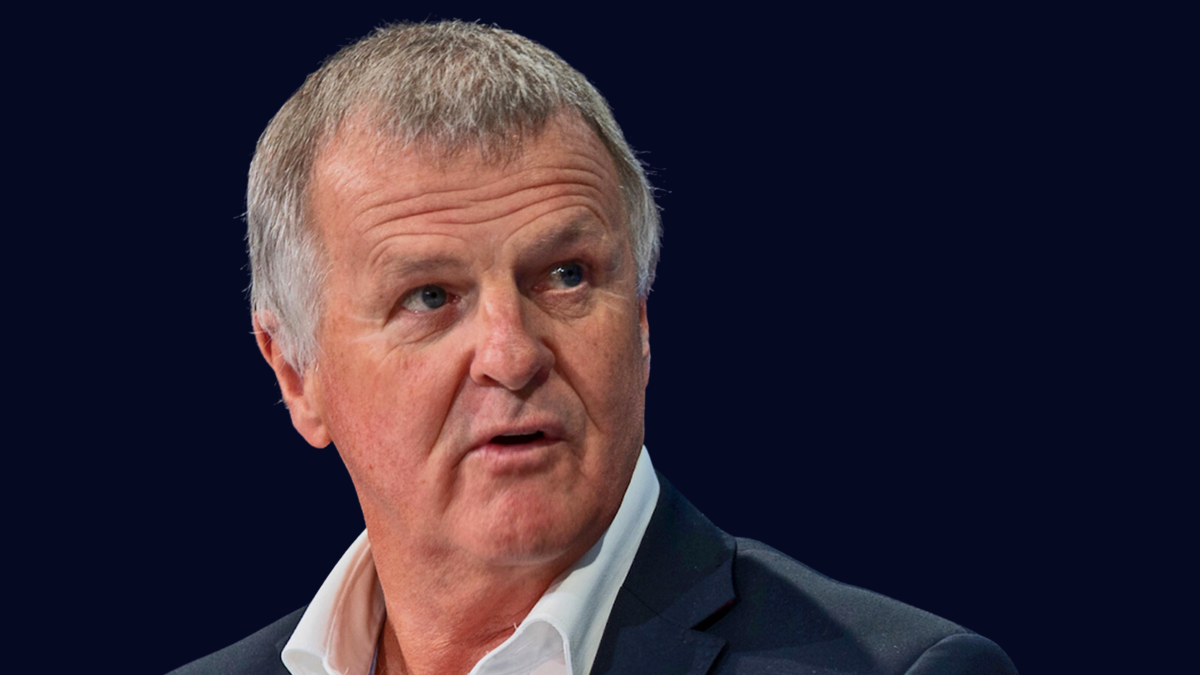‘They lost their way and they disappeared’: Weaven charts the path
After 30 years of compulsory superannuation, it’s not investment strategy or scale that has ensured the primacy of industry super funds (or profit-to-member, as they now seem to prefer), but what their pioneers have described as a “hunger to succeed“.
“Because most of those funds were set up in the 80s and based on industrial campaigns, often quite bitterly fought and hard fought, that missionary spirit, that missionary zeal of the trustees carried through right up to this day…” Garry Weaven, founder of IFM and a founding member of several industry funds, told CMSF on Tuesday (September 6). “You can go to the detail of investment strategies that we employed, but the secret sauce really was the missionary zeal of the trustee system in trying to do as best as you possibly could for your members.”
But, as others have noted, the drive towards greater and greater size from both the regulators and funds themselves means they now run the risk of losing that zeal. While Weaven says there’s plenty of economies of scale to be found in a megafund, there are diseconomies too: bureaucracy and hubris.
“I don’t think there’s anything magical about the number of ten (large funds),” Weaven said. “The press love to seize on these things, but there will be less. And they will be, on average, very, very large. That’s a challenge for some of the smaller funds to be really great innovators, and I think its also a challenge for the big funds to not lose their sense of purpose.”
“Back in the 80s, when this whole thing was started, the industry was run by mutual life companies. Not one of those companies, out of a total monopoly, are alive today. And that’s because they lost their purpose, they lost their way, and they disappeared. The same can happen to the great funds of today if they don’t continually renew themselves and innovate.”
And the industry funds’ new ambitions for nation building have already proven to be a magnet for controversy in Parliament and the press, with questions raised about whether funnelling member money into domestic infrastructure projects fits into the sole purpose test that’s supposed to guide all investments and expenses. Social and affordable housing has been one area that both the government and funds are keen to target.
“At the risk of plugging my former firm, IFM Investors, that’s a living, breathing example globally that infrastructure can be a tremendously rewarding area of investment, as well as being in the nature of nation building,” Weaven said. “Industry funds were leaders in opening up infrastructure, both in Australia and globally, as an asset class. It’s been probably one of the main reasons for the outperformance of the industry fund sector.”
“In respect to taking that further and including the area of housing, funds have to have a balance of risk and return. It’s not a question that funds always look for the highest return in investment, because that’s also the highest risk investment, and by definition, the most volatile returns… Funds need a balanced position.
“Where government can skew investment is through clever use of policy. What they need to do is not try and displace the private sector; they need to leverage the private sector, including superannuation funds, and including offshore money, for that matter, to get the biggest bang for their buck in terms of social outcomes.”
The government has now announced that $575 million from the National Housing Infrastructure Facility will be made available for investments in affordable housing in order to lure superannuation funds to invest in the sector, mitigating some of the associated risks. Though funds might not necessarily need to be encouraged to get into nation-building – after all, they’re already doing it.
“I think it’s worth reminding ourselves that funds are already investing in nation building,” said Elana Rubin, non-executive director of Slater & Gordon and former chair of AustralianSuper. “We already invest in listed companies, private companies. We provide debt to companies. We are invested in infrastructure and property; we’re invested in private equity. We are already investing in things that are central to our economy, which drive productivity, which deliver jobs. And most importantly, with the evidence of the last 30 years, that’s delivered strong returns to members.”
“So I don’t actually believe that investing in things that are good for the economy and things that can drive employment are contradictory to delivering good returns. I think it’s true though that there are some underserved sectors of the economy, and affordable housing is certainly one. Renewables and social infrastructure are other categories.”
Standing in the way of all this is, of course, the Your Future Your Super performance test, which measures performance over an eight-year timeframe that’s unsuited to investing in nation-building projects that might require multi-decade commitments.
“Clearly some of the benchmarks are not fit for purpose, and that needs to be reassessed and changed… it needs to have the right policy settings and in some case underwriting from the government to make it easier for funds to be able to go into that space,” said Anne-Marie O’Loghlin, chair of TelstraSuper . “We have the capital to do it and the will to do it and we just need to find a way to make that happen. If we’re restricted by the benchmarks in the performance test, that needs to be addressed as well.”











